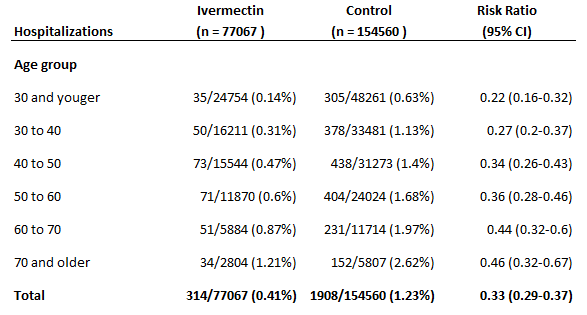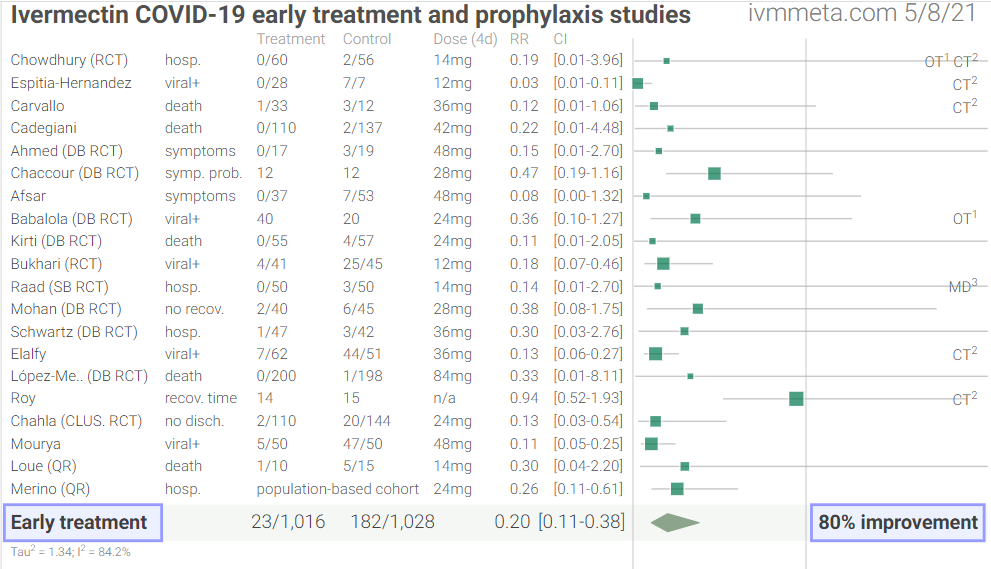[h=1]How India can reduce Covid cases and deaths[/h]Vikas Sukhatme is the Dean of the School of Medicine at Emory University. The views expressed in this article are his personal views and do not necessarily reflect the views of the University.
India recently reported over 412,000 new Covid cases in a single day, a new world record. There is a simple way to dramatically reduce these numbers: instead of making all treatment recommendations based on the results of very large randomized controlled trials, broaden the evidence that can be considered in developing practice guidelines to also include smaller randomized trials which have been published in peer reviewed journals.
The broadening makes sense because Covid is best treated as soon as possible, but there are few drugs that have been proven in large trials. By expanding the range of drugs we consider to include those drugs with the next highest level of evidence, we will have more options to choose from.
The second thing to do differently is to judge the drugs on an equal basis to the “no treatment” option. We should be presenting patients with at least two options, treatment A and treatment B, and we should describe the results for each option, and let patients decide which treatment they prefer. One of these treatments should be the default “no treatment.” In this way, we allow patients to choose the option with the best outcome. The placebo no longer has an advantage but must compete on an equal footing with the drug.
Treatment with ivermectin and fluvoxamine
Once you make these two changes, you will find that both fluvoxamine and ivermectin rapidly rise to the top of the list in terms of effectiveness and safety. Both drugs should be given as early as possible (ideally before symptoms or as soon as possible after first symptoms) and at a sufficiently high enough dose and duration to be effective for the virus variants prevalent in India, which in this case would be 50 mg twice a day for fluvoxamine for 14 days and .4mg/kg per day for 7 days for ivermectin.
The evidence for both of these drugs is extremely compelling. The combination I described has been used with great success by dozens of doctors in India, many of whom say that the results are so profound that it is unethical not to use them. Conversely, none of my colleagues are able to explain how these results could be obtained if the drugs don’t work. For example, there have been
19 published studies of ivermectin with 177 authors covering 2,044 patients and 100% were positive with an average reduction in hospitalization of 80%.
The Fluvoxamine is evidence similar, but there are fewer patients and studies. However, the results are astonishing with
100% reduction in hospitalization rate in the two published randomized studies compared to an 8.3% and 12.5% hospitalization/death rate for those who did not get the drug, respectively.
What is even more remarkable is that in the
fluvoxamine study at Golden Gate Fields, none of the 77 patients treated with fluvoxamine developed any long-haul Covid symptoms compared to 60% of the patients in the no treatment group. Nobody can explain how, if the drug doesn’t work, how this could occur. The likelihood of it happening by chance is 1 in 10 14 , i.e., next to impossible.
Prevention using ivermectin
My final suggestion is that an ounce of prevention is worth a pound of cure. There are
14 studies with 108 authors and 8,789 patients showing an average reduction of hospitalization/death of 85% by taking ivermectin as a prophylaxis to prevent getting infected. Once again 100% of these studies are positive. If the drug doesn’t work, how can we explain the consistency here? These
results were independently replicated by AIIMS which found a 73% reduction in the number of people infected. The suggested dose of ivermectin for prophylaxis is .2mg/kg taken once a week.
Treating Covid as early as possible means fewer drugs, lower dosing, and better patient outcomes. Preventing Covid with ivermectin is best, but if a patient is infected, treating “fast and hard” with a combination of ivermectin and fluvoxamine will reduce hospitalization and death rates by 90% or more based on the results on the real-world results hundreds of patients currently taking the combination.
As a world, our biggest challenge is no longer the virus. It is changing our thinking to adopt methods that are more likely to save lives than following the official protocols.













